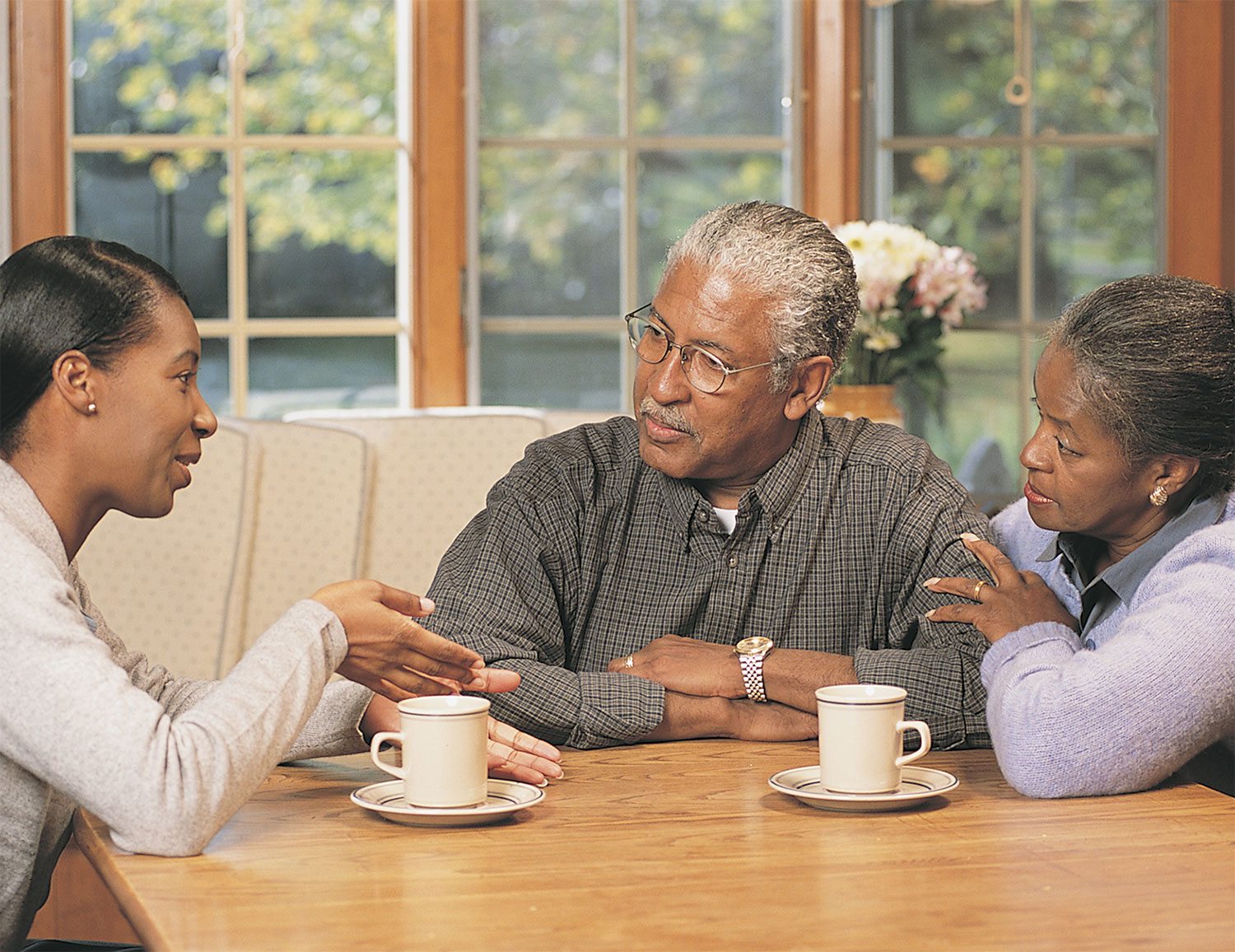
Ashley Jones
Photo by Randy Jones
AFTER MY 78-YEAR-OLD GRANDMOTHER was diagnosed with stage IV non-small cell lung cancer in 2018, our family, including my mother, father, aunt, uncle, sister and me, rallied to support her through 18 months of chemotherapy and her recent decision to enter hospice.
My grandmother lives with my uncle and aunt, who make sure her day-to-day needs are met, while my mother takes her to most of her medical appointments and communicates with her doctors. The rest of us step in to help when needed. This support has been a blessing for my grandmother, but at times, some of us have become frustrated by communication challenges, including unanswered texts and disagreements over whether to continue treatment. Each of us has had different emotions in response to my grandmother’s decision to enter hospice, for example.
Over time, we have learned strategies to avoid misunderstandings and to support my grandmother during her illness.
Be selective in sharing information. Our opinions may not always align, but we try to insulate my grandmother from unnecessary and stress-inducing communication, such as extended group texts to determine who will be able to take her to an appointment.
Support decision-makers. We are all passionately invested in my grandmother’s care, but we respect that my mom and uncle, who are her children, and my grandmother herself have the final say in her care. We feel comfortable providing input, but we steer clear of adding drama.
Avoid texts for serious discussions. Texts should be used to relay basic information, such as routine updates or schedules for upcoming appointments. Serious issues, such as the choice to enter hospice, require discussions by phone or in person.
Delegate when possible. Creating a to-do list makes it easier to delegate tasks such as household chores or errands. In addition, I keep a list on my phone of my grandmother’s favorite foods and drinks so anyone who needs a suggestion can bring her a special treat at a moment’s notice.
Share your feelings. Rely on trusted friends, or even a professional counselor, when the caregiving burden feels too heavy to carry alone. My mom will often call my sister or me after a long day to unload her thoughts and feelings. Talking to others can help us process our experiences, and that can help us be more available to my grandmother when she needs us.
Speak up. Be clear about what you need. You may have to ask others to pitch in so you can take a break. For my mom, this often means asking if she can spend time with my kids for the day, a joyful distraction for a doting grandmother.
Communication isn’t an innate skill. It comes with practice. Keeping the focus on the common goal of providing care and support for a loved one, while being clear about your own needs as a caregiver, can help keep you on course.
Cancer Today magazine is free to cancer patients, survivors and caregivers who live in the U.S. Subscribe here to receive four issues per year.





